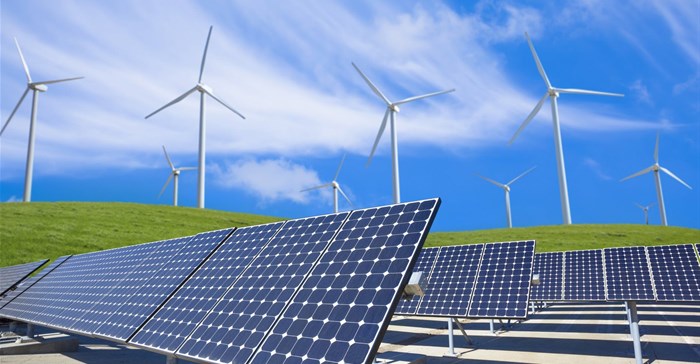Frameworks to investor interest in Africa's renewable energy

We already know that sustainability is a critical component of any real, meaningful development. Increasingly governments are coming to realise what this means; that in order to deliver on their broader economic and socio-political objectives they need to focus their attention on producing more power with renewable energy projects and innovative electricity storage and distribution strategies being a key part of this.
Historically, one of the biggest inhibiting factors associated with renewable energy projects has been the cost, however, the cost of delivering power from renewable energy projects is declining as a result of emerging technologies.
Securing the buy-in of the private sector is key to development in this sector. Incentivising investment in the industry is at the heart of this, but so too is the establishment of clear, transparent frameworks for procurement and the setting of tariffs. Investors need not only a thorough understanding of the environment in which they are committing, but assurances that these markets will remain predictable and stable. In the absence of these frameworks and the security that they provide investors will simply take their capital to countries to where the environment is perceived as more secure.
The second iteration of DLA Piper’s Renewable Energy in Africa summarises the regulatory environment for renewable energy in 20 African countries, highlights the key policy objectives for national governments and provides insight into the projects which are expected to deliver these goals. In showcasing the diverse approach to renewable energy being adopted across the African continent - and the legal, economic and technological developments being implemented - this report highlights that African governments are, despite the challenges they face, increasingly prioritising the creation of policies and frameworks that allow for the industry to be developed.
Private sector participation
Kenya, for example, has allowed for independent power producers to operate in the country since the 1990s. Now with its long-awaited 2019 Energy Act finally having been passed in March of this year – the private sector will also have the opportunity to participate in the industry in a distributive capacity. This is likely to result in a significant increase in competition which, in turn, should see the quality of the service being provided drastically improve. This in the wake of last December’s launch of the Kenya National Electrification Strategy, which provides a roadmap for universal access by 2022.
Uganda, meanwhile, is actively working to promote private sector participation in the renewable energy industry and encouraging partnerships that can effectively harness the potential of the country’s vast untapped natural resources. This as the government moves to reach its target of a rural electrification rate of 22% by 2022. Add to this the legislative changes introduced in 2016 that are serving to open up Botswana's energy market to independent producers and you can see a positive and progressive picture of the industry's development on the continent.
If the improvements to the regulatory environment continues, then so too will the accompanying spike in investor interest. Coupled with the wealth of renewable energy resources Africa has to offer - including solar power, wind power, geothermal energy and biomass - this could herald in the start of a whole new era for the continent’s renewable energy industry.
The future could hold some exciting developments, such as the ability to store electricity and a move away from fixed grids to the development of mini or micro grids to power remote communities and businesses.
The direct employment opportunities that emerge during the construction and development of renewable energy projects are, on their own, significant, but so too are the knock-on effects. Put simply, the absence of power is an economic inhibitor and developing and adding power to the grid provides and encourages opportunity in many forms. Ultimately, more power drives stronger economies and that is something that we should all get behind.







